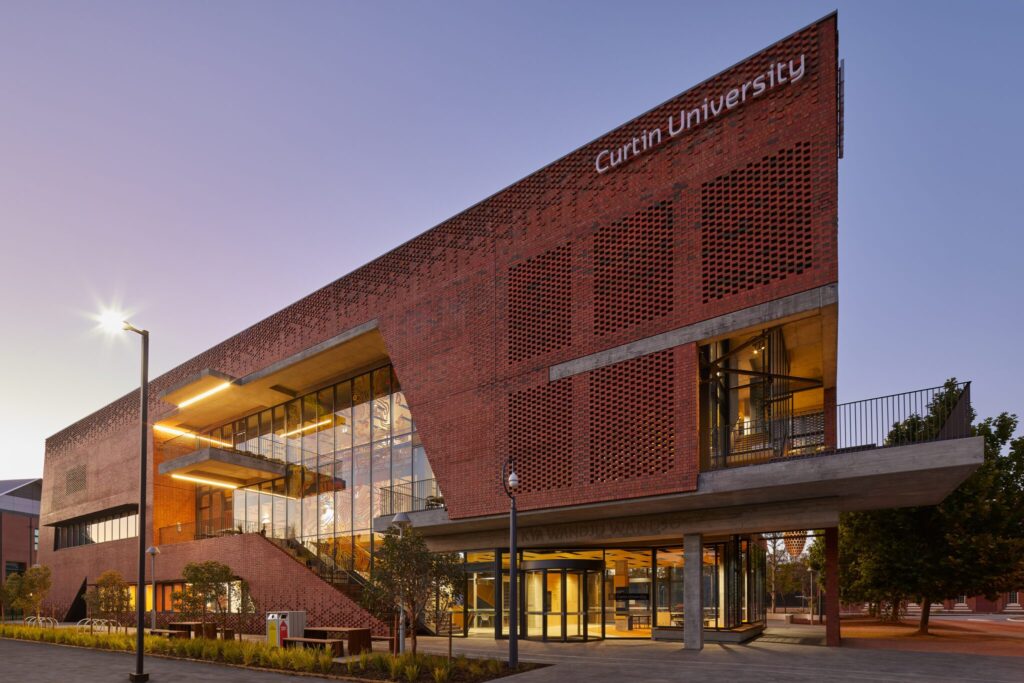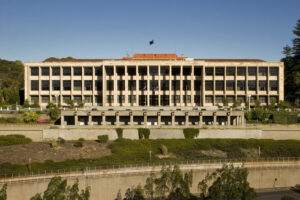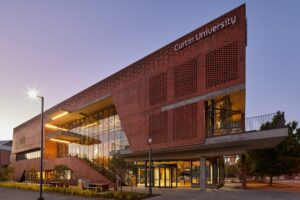
Curtin University has been awarded more than $5 million in funding from the Australian Research Council (ARC) to support a variety of research projects spanning fields such as space science, energy science, and economics. This funding includes the prestigious Discovery Early Career Researcher Awards (DECRA), which recognize the innovative work of early-career researchers.
Among the recipients, seven researchers received DECRA funding to explore a wide range of topics. These include groundbreaking studies on black holes, home ownership dynamics, green hydrogen production, and advancements in artificial intelligence. In addition, Professor Katy Evans from Curtin’s School of Earth and Planetary Sciences secured over $1.5 million through the ARC’s Linkage Infrastructure, Equipment and Facilities (LIEF) scheme to establish a vital research facility in Western Australia.
Professor Melinda Fitzgerald, Curtin’s Deputy Vice-Chancellor of Research, praised the recipients, noting that their projects exemplify the university’s commitment to impactful research. “From advancing clean energy and AI-driven infrastructure to tackling major challenges in housing, recycling, and our understanding of the universe, Curtin is focusing on research which has the potential to have global impact,” she stated. She further emphasized that the DECRA projects highlight the university’s dedication to nurturing emerging talents.
Highlights of DECRA Projects
The DECRA projects awarded to Curtin researchers encompass a broad spectrum of subjects:
– **Dr Jacob Martin** will investigate carbon nanoparticles formed during hydrogen production from methane. This research aims to improve catalyst design and enhance hydrogen production efficiency.
– **Dr Christopher Phelps** is examining the generational transfer of homeownership in Australia. His study will analyze the role of parental support in facilitating home purchases and its implications for economic inequality.
– **Dr Jinyang Zhang** is focusing on recovering rare metals from electronic waste using mechano-electrochemistry. His work aims to develop a new method for recycling e-waste, addressing environmental concerns while recovering valuable materials.
– **Dr Kristen Dage** will search for intermediate mass black holes within nearby star clusters. This project seeks to confirm or challenge existing theories regarding galaxy formation.
– **Dr Qilin Li** plans to develop an intelligent AI system to monitor infrastructure such as bridges and buildings, aiming to enhance safety and reduce costs through real-time analysis.
– **Dr Janne Liebmann** will map the historical changes in Australia’s crust thickness, contributing to mineral exploration and reducing associated risks.
– **Dr Hoa Bui** is set to create advanced algorithms for optimizing scheduling in green hydrogen plants, potentially increasing operational efficiency and reducing costs.
Investment in Research Infrastructure
The LIEF funding awarded to Professor Katy Evans and her team will facilitate the establishment of a next-generation electron microprobe in Western Australia. This facility, managed by the John de Laeter Centre, will provide crucial access to advanced research equipment for various scientific disciplines, including earth, health, and materials sciences.
Expected to be operational by 2027, this facility is poised to significantly enhance research capabilities in the region, thus fostering innovation and collaboration among scientists.
Curtin University’s recent success in securing this substantial funding underlines its role as a leader in research and development. The funded projects not only promise to advance scientific knowledge but also aim to deliver tangible benefits to society and the environment.






